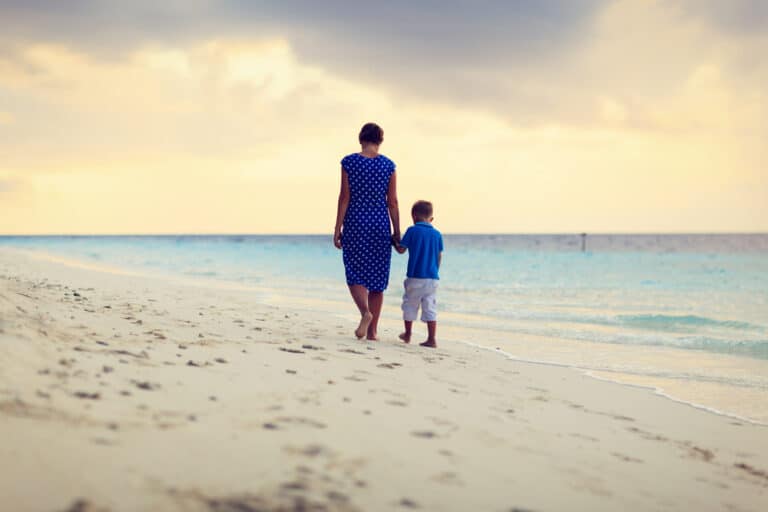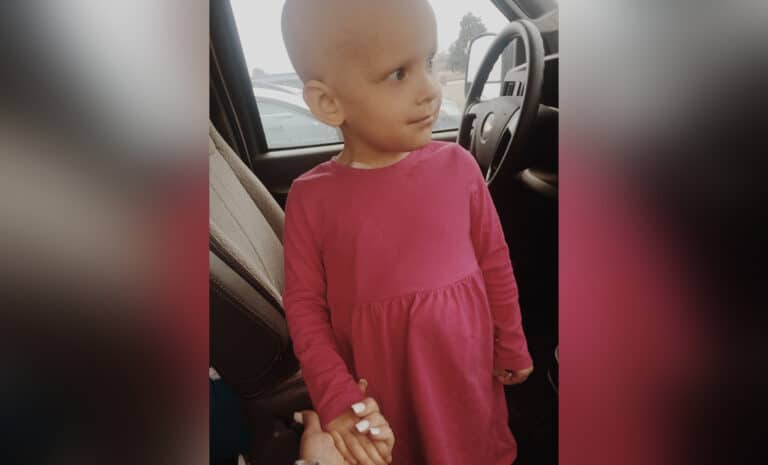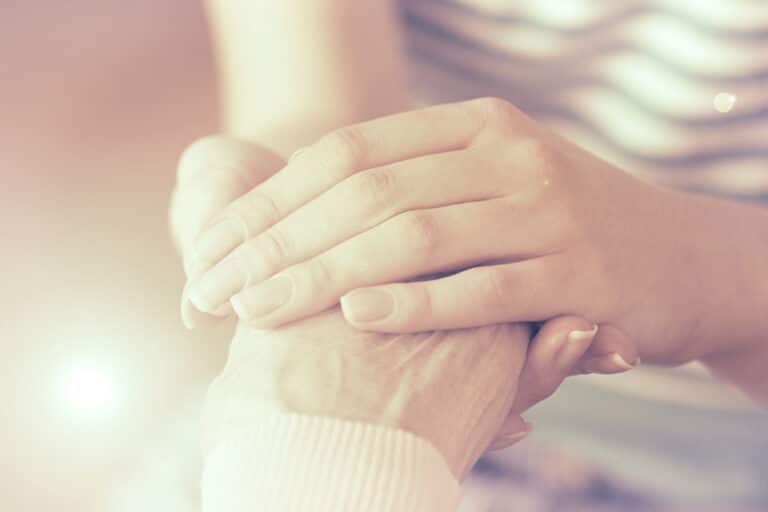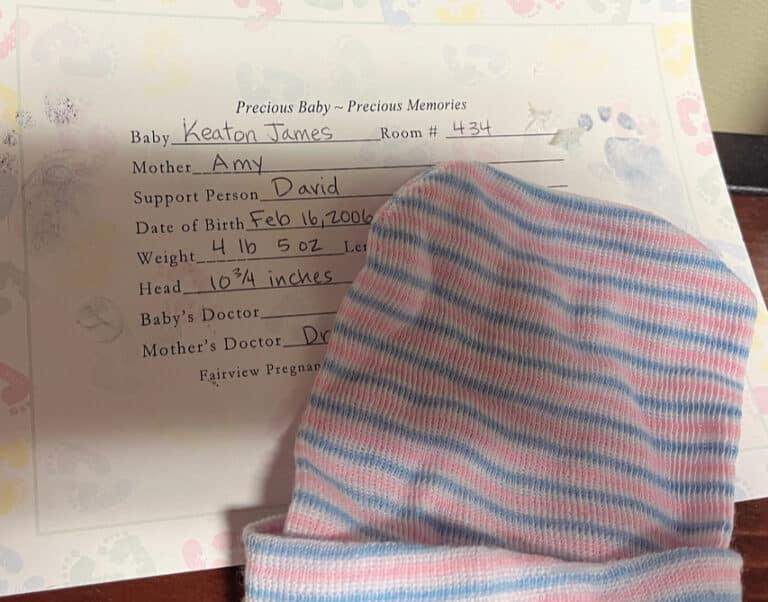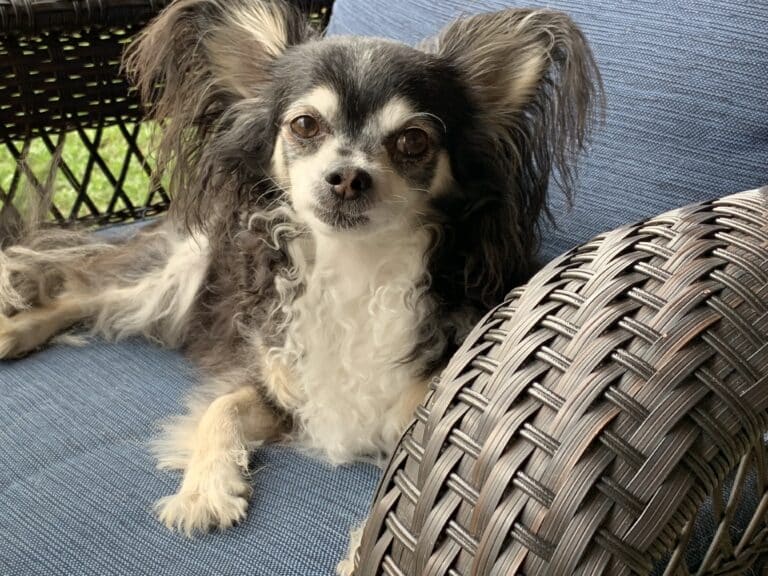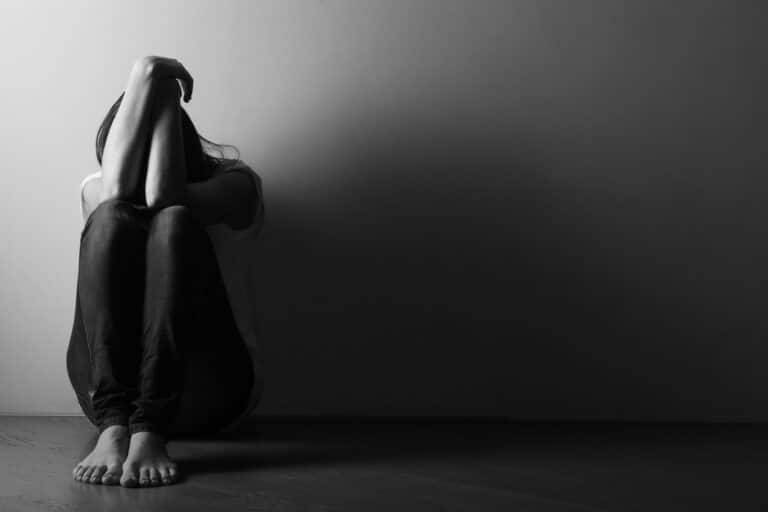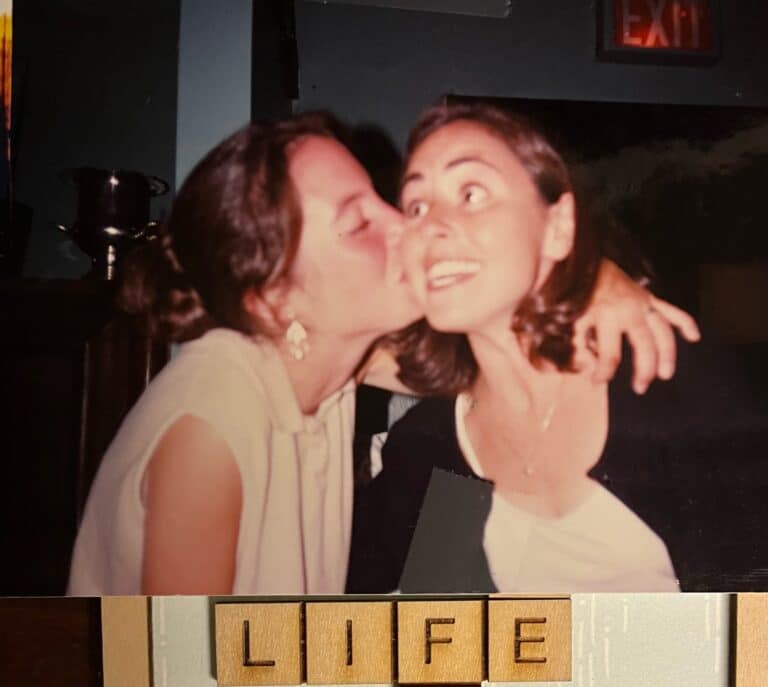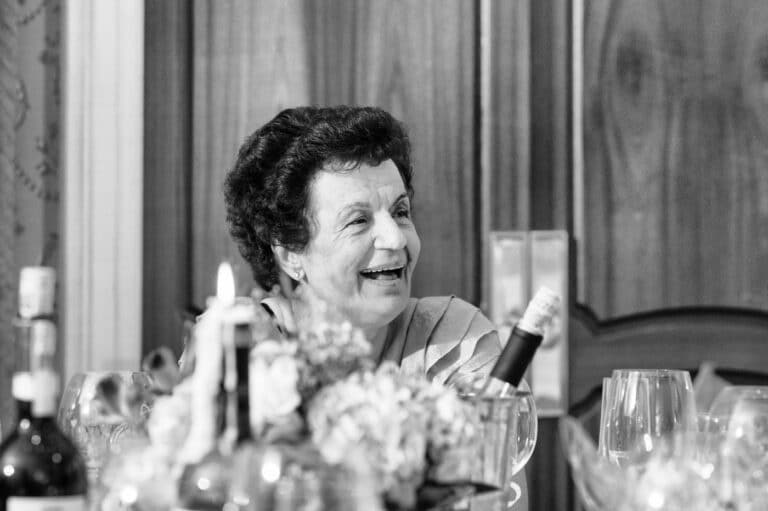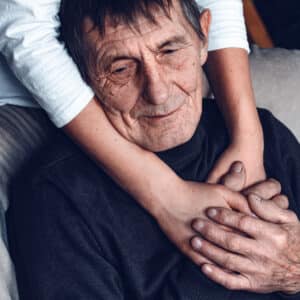September marks the beginning of a new school year for millions of children across the country. As our children begin to acclimate themselves to their new classroom environments, educators and parents are given the task of tackling the complex conversation surrounding the 9/11 anniversary, also called Patriot Day. Those of us who experienced the attacks first hand will undoubtedly be flooded with our own complicated mix of emotions. It doesn’t matter whether or not our children were old enough or even alive to remember the events of that tragic day. What does matter is how parents and educators work together to begin a conversation with our children that will leave them feeling both informed and safe.
1.) Open Communication: The beginning of the school year is an overwhelming time for parents, teachers and administration. Individual classroom teachers, more often than not, have discretion with regards to how they wish to present information relating to 9/11; unless the school itself has a curriculum already in place. Classroom teachers should be encouraged to reach out to parents via email with regards to the upcoming anniversary. This provides teachers the opportunity to discuss any planned classroom activities. It also allows parents the opportunity to respond to teachers and possibly inform them of any special circumstances or concerns.
If parents do not receive any communication regarding classroom 9/11 activities or school curriculum, then they should take the initiative to reach out to their child’s teacher or school principal. Parents may also choose to contact the school’s guidance counselor, school social worker or school psychologist for more information. Collaborating and communicating simultaneously sets a precedent for the entire school year by promoting informative dialogue between parents and schools.
2.) Listen & Be Present: A child’s school and home environment offer a safe space for them to ask difficult questions about September 11th. Some children will be more active participants in the conversation, while others may be more reserved. Both reactions are common. Utilizing open ended questions, such as “What would you like to know about 9/11?” or “Why do you think we remember the anniversary of September 11th?” are great starting points for teachers and parents. If the child was alive during the 9/11 attacks, adults may also approach the conversation based on the child’s own individual memories by asking, “What do you remember about that day?” When responding to children, parents and teachers must be mindful to use age-appreciate language and respond in a sensitive, reassuring tone.
3.) Stick to the Facts: Parents and educators need to stick to the facts. Children absorb information from their surrounding sources. Friends, family and the media will all impact what each individual child thinks and feels about September 11th. Keep things simple and succinct. For example:
“On 9/11, people who didn’t like America wanted to hurt and scare us. They crashed four planes. Two of them struck two very large buildings in New York City called the World Trade Center. Another plane destroyed part of the Pentagon, the US military headquarters, in Arlington, Virginia. The fourth plane crashed in Shanksville, Pennsylvania. Many people died and it is a very sad day for people all over the world.”
Many kids will ask how the planes were hijacked. Adults should answer by explaining the hijackers “tricked people” and utilize this opportunity to explain that since the attacks have occurred new rules have been made ensure flight safety.
4) Emphasize Safety & Security: As adults in children’s lives, it’s our job to promote a sense of safety and security. Whatever words teachers or parents choose to use to explain the story of 9/11, end it with the message that they don’t need to worry. Parents should also emphasize their role as protectors to help children understand the safety they feel in their home environment is uncompromised.
5.) Limit the use of all Media: Developmentally, children under the age of 8 should have limited to no exposure to 9/11 television coverage or media images. Middle school children can be exposed to 9/11 media coverage, preferably with adult supervision, so parents or teachers should monitor and discuss what is being viewed. High school aged children have the mental capacity to understand the severity of the attacks and it’s political, social and historical ramifications. Some images may still be too graphic for this age group, monitoring remains necessary.
6.) Know Yourself & Respect Your Limits: Nobody expects a parent or a teacher to act as a licensed mental health professional. It’s perfectly okay to not have the answer to every question a child may have about 9/11. If you can’t answer something factually, then utilize the opportunity to search for the answer with the child together. If the topic of 9/11 becomes personally too intense for you to discuss it further or if a child exhibits an overly emotional reaction to what is being discussed, call in a professional.
7.) Emphasize Patriotism & Community Service: 9/11 showed us that immense cruelty exists in this world, but in one of America’s darkest moments, we also saw unforgettable acts of compassion and heroism. The bravery and sacrifice of policemen, fireman, and first responders should all be discussed with children. Teachers and parents should also emphasize how perfect strangers, communities and the country as a whole came together in the aftermath of the attacks. Encourage kids to take on a community service activity, visit a local firehouse or police precinct, or perform a random act of kindness on this year’s anniversary to honor those whose lives were lost.
8.) Don’t Be An Ostrich: When an ostrich gets frightened, it buries its head in the sand. Pretending that the anniversary of 9/11 is just another day is wrong. Not only does it show our children that we are unable or unwilling to broach a difficult subject matter, but it forces them to look for answers elsewhere. It also diminishes the legacy of those we lost on that fateful day fifteen years ago. We, as adults, owe it to our children to provide them with the best explanation we can so that the significance of September 11th lives on within them.

If you liked this, you'll love our book, SO GOD MADE A MOTHER available now!
Order NowCheck out our new Keepsake Companion Journal that pairs with our So God Made a Mother book!
Order Now



